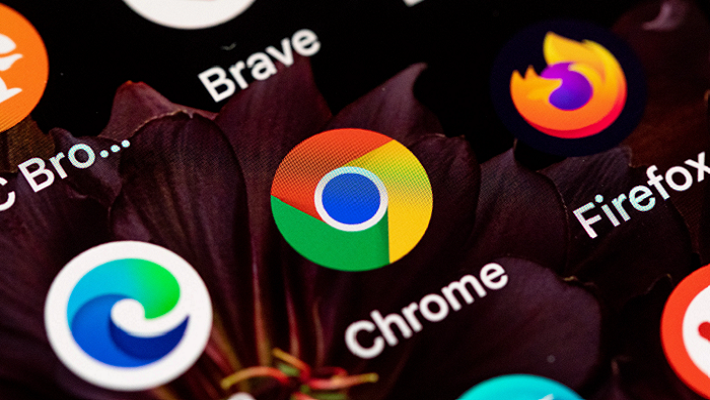
The world gradually went into work from home in phases. For most of us, initially it was all fun. Kind of a short break from the regular office, freedom to wear cozy clothes all day long, no commute, and the freedom to do household chores in between office work. Alas! If work from home meant just this much. In India, work from home surely brought big advantages, the Microsoft’s Work Trend Index indicates otherwise.
According to the report, around one-third of Indians have been feeling more burnt out over the last six months. “India had the second-highest percentage of workers facing increased burnout in Asia at 29 percent,” Microsoft stated in the survey that included 6,000 workers from eight countries. But despite the government opening the lockdown in different phases, companies are trying to reap the benefit of more productivity from their employees even when working from home. Hence they wish their employees to work from home.
This surely is impacting their mental health while putting a large number of people at the risk of burnout. Hold on. If you think that burn out means just the physical or mental exhaustion at work, then you are wrong. Burnout is known to cause a latency of physical and mental conditions such as high blood pressure, obesity, heart disease, anxiety, depression, and even death. But then there is another component added to these conditions. It is loneliness, which various researches claim to reduce life expectancy by a whopping 70 percent.
Underperformance or Over Productivity with No Benefits?
It isn’t a hidden fact that employees productivity has increased tremendously since they started working from home. Though initially when their employees started work from home, the leadership team were worried about the underperformance of their employees, but with time this worry vanished. While they are happy with the result, they now should be worried about over performance which is killing the output of work from home.
If the leadership compares the pre and post lockdown output, they would find that remote workers actually work longer hours than in-office, even without any supervision or incentives. And when their longer working hours isn’t rewarded in any ways, it leads to more burnout ultimately leading to long-term health and career regression. So why are the employees working for more hours than usual? To signal their loyalty, devotion and productivity.
While initially there existed a line between their personal and professional lives, today it has vanished. There lies a little or no sense of time off as afternoons have become nights, weekends have become weekdays and there is no time for personal chores. But several research points out that it is important to draw a line between the two. A research by Harvard Business Review claims that workers often unintentionally make it hard for their supervisors, employees and colleagues to maintain boundaries. It states that sending work emails outside office hours is one of them. According to the research, it found that senders of after-hours work emails underestimate how compelled receivers feel to respond right away, even when such emails are not urgent.
What becomes an urgent requirement is to learn the ability to disconnect from work when time, and take creative initiative to keep the spirit high. Take rest when needed. Work can wait, not life. Office can wait, not family. Communicate openly with your employer, and if you fear job loss, then be tactful in passing off the information to make the management feel that you are committed to your work and want to put your best.
Whatever it is, the first and most important thing is for the employees to realize that they are burning out and it’s time they start living again.
So happy work from home!







